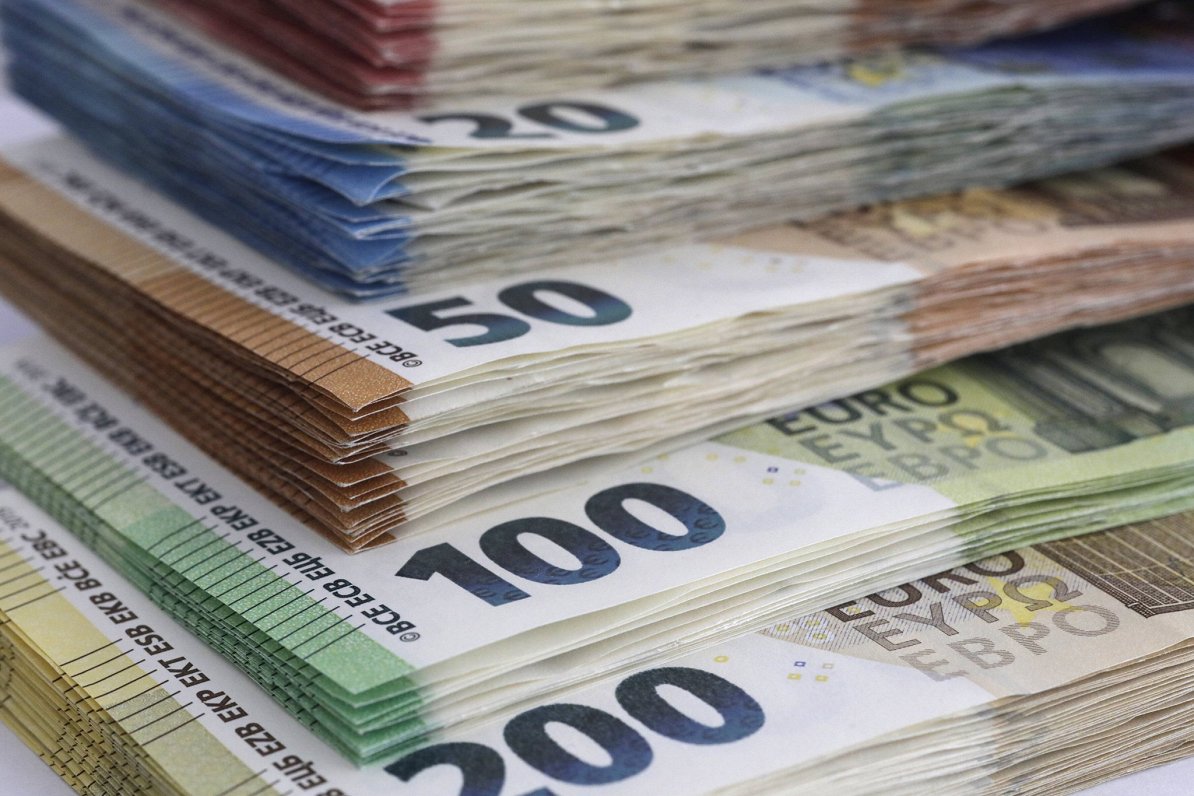While the initial statements may have had the impression that the government is preparing for a tough lockdown, the final outcome has more to do with individual industries than the entire economy.
“The order is built on principle – everything that is not prohibited is allowed. And I see a continuation of economic activity in a number of sectors not mentioned in this order,” crisis management specialist Kaspars Druvaskalns said.
This autumn, the Covid-19 wave hasn't stifled all economic activity since the world hasn't stalled. Supply companies are in progress, demand for goods and services is in place. Therefore, the Baltic States and some other countries are in a unique position in this outbreak of the coronavirus.
The Bank of Latvia's first estimates show that lockdown constraints will affect the economy moderately, with Q4 growth likely to fall by 0.4 percentage points. Compared with Q3, growth of less than one percent is forecast in the final months of the year.
“Over time, the economy has adapted and learned to live with constraints. We see that remote Internet trade has become more popular, and catering services are also provided with takeout and so on,” Uldis Rutkaste, head of the Monetary Policy Office of the Bank of Latvia, said. However, he noted that there is also the other side of the restrictions: industries that are currently being restricted are intensive in terms of the workforce. There are a large enough number of people working there, so people will certainly feel limits,” Rutkaste said.
The state of emergency will restore a number of aid payments to businesses and workers. The sick leaves of Covid-19 infected vaccinated workers will be paid by the State from the first day. Those who have at least begun the vaccination course will be granted a wage subsidy, while the companies meeting the criteria will have grants for turnover.
This year, Latvia spent €1.88 billion to mitigate the impact of the crisis. The new measures will cost up to 182 million a month, the ministries estimate. The Ministry of Finance said that the State would borrow the necessary money. It will further grow public debt, which has jumped from 37% to 52% for next year during the Covid-19 crisis. Maintaining the sovereign debt fund will cost around €160 million next year.
The Bank of Latvia considers that providing proportionate state aid to those affected by the Covid-19 crisis should not be a concern at the moment. But it has to be watched that the country doesn't grow debt with spending repeated year after year.

























